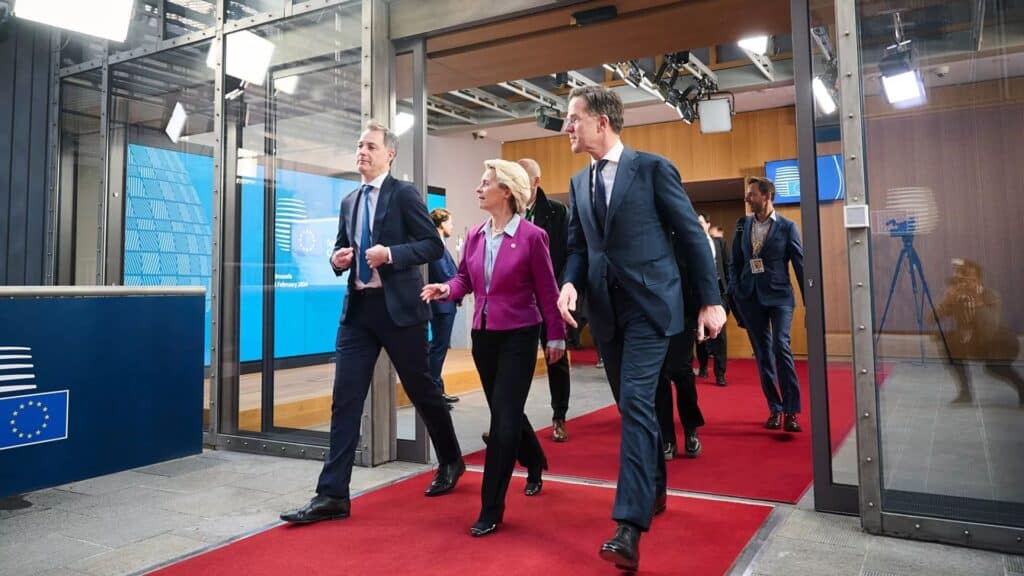The European Union is poised to boost its collective budget by €64.5 billion, though the increase is accompanied by specific conditions. This decision follows intense negotiations among EU member states, influenced by the forthcoming European Parliament elections, with each country advocating for its interests. The discussions began in June after the European Commission proposed the increase, culminating in a crucial summit on February 1. At this summit, under significant pressure from his counterparts, Viktor Orbán withdrew his prolonged veto.
European Commission President Ursula von der Leyen highlighted the challenging decisions made but praised the outcome. Following the resolution of the deadlock, an updated budget for 2021-2027 was announced, totaling €2,018 billion, which includes €806.9 billion for the COVID-19 recovery fund and now an additional €64.6 billion for the remaining period. This agreement marks a significant reduction from the initially proposed €98.8 billion increase, justified by the Commission due to financial strains caused by various crises, including the pandemic, Ukraine’s invasion, energy challenges, inflation, and natural disasters.
The ambitious €98.8 billion plan initially faced opposition from member states reluctant to increase their contributions by over €65 billion amid economic difficulties. Negotiators worked diligently to minimize the new funding requirement, focusing on critical areas.
Breaking down the updated budget, €50 billion is allocated for the Ukraine Facility to support the nation from 2024 to 2027, offering both grants and low-interest loans for vital services and reforms. Despite Orbán’s resistance, annual reviews of the Ukraine aid will be conducted without a voting process. The EU aims to disburse the first funds to Ukraine by early March, pending regulatory approval.
For migration management, €9.6 billion is reserved, reflecting a nearly intact budget from negotiations due to its importance for all member states, especially those in Southern Europe dealing with irregular migration.
Additionally, €1.5 billion will support new technologies under the Strategic Technologies for Europe Platform (STEP), significantly less than the proposed €10 billion, aiming to enhance the European Defence Fund (EDF).
Lastly, €3.5 billion is set aside for unforeseen crises, adjusting the initial request to better manage disasters and emergencies, a reflection of the EU‘s ongoing challenges with climate change and other crises.
